360° virtual observation solutions that positively impact clinical and patient outcomes.
Leverage virtual patient observation to proactively prevent falls and adverse events.
Solutions
Continuous clinical surveillance at the point of care.
Improve patient safety outcomes with always-on, always-there virtual video observation, on-staff clinician observers, and actionable utilization analytics.
Observation Carts
Observation Tablets
Observation Software
Utilization Analytics
Virtual Clinician Observers
Clinician Implementation
24/7/365 Support

Who We Help
Augment clinician staffing shortages with virtual clinician observers, improving nurse retention and satisfaction.



Actionable Analytics
Measure virtual observation and patient safety program performance with real-time utilization data, trends, and automated reporting.






"Patient safety is a top priority for Finger Lakes Health. Like other facilities nationwide, Geneva General Hospital and Soldiers & Sailors Memorial Hospital are always working to allocate staffing resources as effectively as we can and to utilize all the tools at our disposal to enhance patient outcomes. We instituted Collette Health as a tool to support our staff, assure an extra layer of safety for our patients, reduce the risk of falls and provide enhanced monitoring. Since adopting Collette Health, the service has assisted us in avoiding potential falls by serving as a liaison between patients and our staff. Our patients, families and staff have responded positively to having this extra peace of mind."
Ardelle Bigos, MSN, RN, CMSRN, NE-BC and Chief Nursing Officer at Finger Lakes Health
Ardelle Bigos, MSN, RN, CMSRN, NE-BC and Chief Nursing Officer at Finger Lakes Health
"Collette Health is a welcomed resource that allows us to ‘be in two places at once .’ Families feel like they have more flexibility because they know their family member is being watched closely by a care team member ."
Zachary Mogel, RN and Clinical Manager—Nursing Support and Reid Health
Zachary Mogel, RN and Clinical Manager—Nursing Support and Reid Health
"Our team as found Collette Health useful for patient safety, staff safety, family dynamics, patient companionship (our patients interact well with the monitoring techs), and most recently the system has been utilized for observing the donning and doffing PPE. The team at Collette Health are amazing to work with. They are communicative and supportive."
Sonya Wood-Johnson, DNP, RN-BC, CSSGB and Director of Quality and Performance Improvement at Good Shepherd Penn Partners
Sonya Wood-Johnson, DNP, RN-BC, CSSGB and Director of Quality and Performance Improvement at Good Shepherd Penn Partners
"I truly cannot imagine a better experience. Our patients are safe, our clinicians are happier, and everything is fully rolled out. It was incredible to see it all come together and we are so happy to be using Collette Health!"
Kristin Brandt, Clinical Project Lead at CentraCare
Kristin Brandt, Clinical Project Lead at CentraCare
"Collette Health positively improves patient safety. Through continuous remote monitoring, it prevents diverting staff resources to do one-on-one observations, which allows more staff on the unit. Families also have comfort in knowing their loved one is being closely monitored."
Ardelle Bigos MSN, RN, CMSRN, NE-BC, Chief Nursing Officer | Geneva General Hospital
Ardelle Bigos MSN, RN, CMSRN, NE-BC, Chief Nursing Officer | Geneva General Hospital
Outcomes
For more information on our 360° virtual solutions












